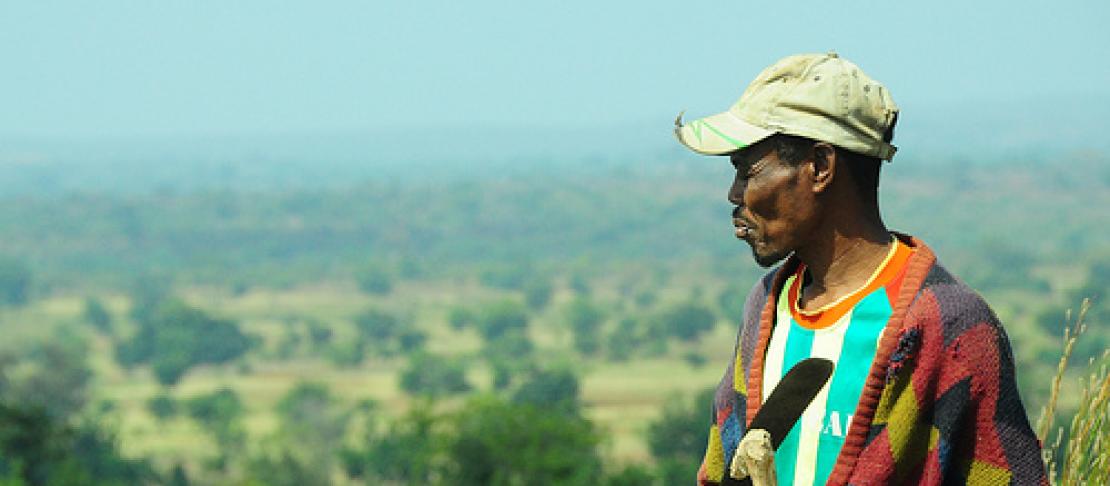Seasonal climate forecasts key to adaptation, but not reaching African farmers

In order to arm themselves against climate shocks, farmers need better access to seasonal climate forecasts. Particularly in Sub-Saharan Africa, where up to 70 percent of farmers depend on rain-fed agriculture, weather information is an essential adaptation tool. New research from the CGIAR Research Program on Climate Change, Agriculture and Food Security (CCAFS) finds that it's now possible to predict climate conditions in advance of planting seasons in most parts of Sub-Saharan Africa.... but the information is still not getting to farmers.
Jim Hansen, who led the study, helms the CCAFS research theme on Managing Climate Risk. In an interview with Reuters AlertNet, Hansen pointed to several barriers to the flow of climate information in Africa, including government meteorological services that depend on commercial sales of data for funding:
“as long as these (data) are seen as a revenue source for Met services rather than as a public good for development, the people who are most affected by climate change, climate variability and poverty won’t have much access to innovations,” he said.
A further challenge is that meteorologists tend to oversimplify the probability inherent in climate forecasts, which makes the information less useful to farmers. As a result, farmers are reluctant to trust most forecasts.The truth is, “farmers understand probability very well. Their lives depend on it,” said Hansen.
Hansen and his colleagues, based at the International Research Institute for Climate and Society at Columbia University and Johns Hopkins University, also point to the fact that most climate forecasts are not useful for farmers' needs, nor for other agricultural decision makers. Climate information often covers very large areas and timescales, which need to be scaled down to be useful at the local and national level. In a separate initiative, Hansen has been collaborating with several CGIAR and other research centres, to produce downscaled climate grids which produce monthly data that can better inform crop modelling and adaptation studies, for example.
Read more coverage:
African farmers 'need more relevant climate predictions' - SciDev.net, 14 April 2011
Seasonal climate forecasts possible in Africa but not helping yet - Reuters AlertNet, 14 April 2011
Download the study:
James W. Hansen, Simon J. Mason, Liqiang Sun and Arame Tall (2011). Review of Seasonal Climate Forecasting for Agriculture in Sub-Saharan Africa. Experimental Agriculture, 47, pp 205-240. DOI: 10.1017/S0014479710000876


